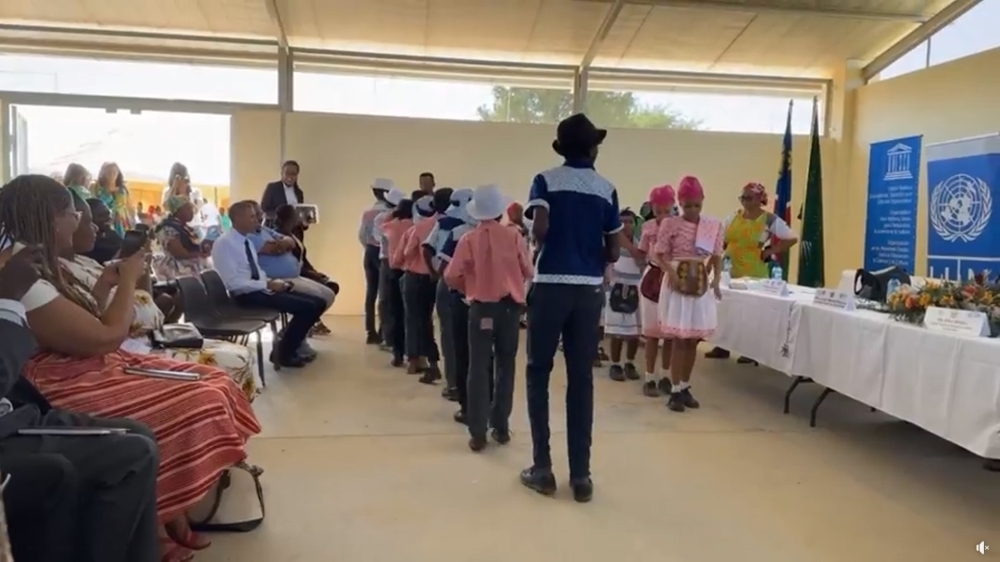Water woes at Groot Aub continue
The water issues in Groot Aub are twofold: Firstly, the demand for water exceeds the supply from boreholes to such an extent that there is not enough water available, while it is also increasingly polluted as a result of human activities.This according to agriculture, water and land reform minister Calle Schlettwein, speaking at World Water Day as well as World Wetlands Day commemorations, which were celebrated at Groot Aub last Friday.
Schlettwein said in his speech, as read by the ministry's executive director, Ndiyakupi Nghituwamata, that the demand for water at Groot Aub has grown over the past years due to the population growth experienced in the settlement. People came to settle here in search of housing and better opportunities.
He added that studies show that the water in the area contains, for example, nitrates, which are associated with animal dung.
"We have to make sure that the limited water that is available is kept clean by introducing measures so that we can conserve the water. This means we have to set out areas for keeping animals and manage waste so that it does not end up in our underground water.
"We need to improve sanitation services to avoid 'forest toilets' and promote personal hygiene.”
Schlettwein said he and the Minister of Urban and Rural Development, Erastus Uutoni, visited Groot Aub in February to determine what the problem with the water was and to investigate possible solutions. "We know that Groot Aub is now part of the Windhoek area, at the same time the community is faced with water supply and sanitation issues.”
He said that government and the Windhoek municipality cannot work alone to help communities with similar water issues, but need partners in the private sector.
Meanwhile, Alka Bhatia, local representative of the United Nations Development Program (UNDP), reminded that Namibia is the driest country south of the Sahara and is also very vulnerable to climate change. At the same time, 80% of Namibia's industries and residents rely on underground water for water.
She added that – to help vulnerable areas like Namibia show better resilience to climate change – UN agencies support the government in the sustainable management of natural resources, especially when it comes to underground water and wetlands.
She referred to smaller projects as well as the Cuvkun project - which is working towards improved water security and community resilience in the adjacent Cuvelai and Kunene transboundary river basins. – [email protected]



